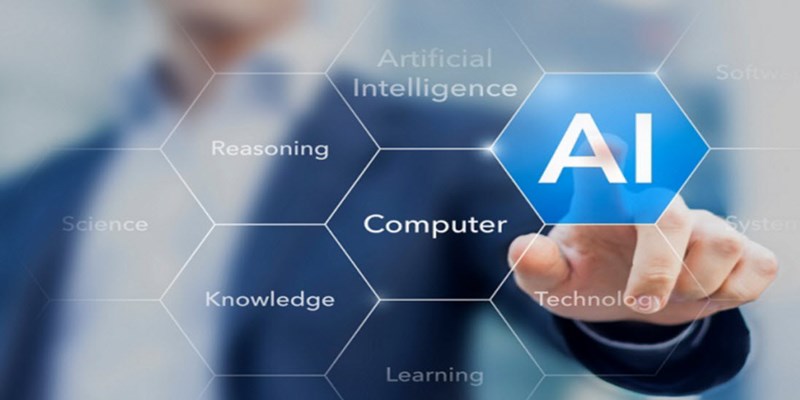
It looks like the future of the travel industry is about to change thanks to IBM and the leading travel commerce platform Travelport’s latest announcement.
Travelport and its strategic tech partner IBM have revealed their industry-first AI platform. The primary goal of the platform is to support businesses in managing their corporate travel spend.
The AI platform combines with Travelport data can p[rediuct and track all travel costs in a single place. This will fundamentally change how companies manage and enhance their travel programs.
This week, we found out that the collaboration will also impact the distribution landscape.
AI can change the travel experience
Traveling can involve a lot for the average customer, and in this digital age, we should start using the right technology to help make this whole experience smoother and more efficient.
Travelport’s Chief Architect, Mike Croucher, and IBM’s Travel & Transportation industry Client Lead, Elizabeth Pollock spoke on the matter.
“If you look at our relationship with IBM, it’s one that has been in existence since the beginning of the global distribution system (GDS),” said Croucher.
Both Croucher and Pollock have shown an interest in travel and are both supporters of innovation for Travelport for decades now.
“In this instance, we are looking at new ways of innovation. IBM brings their R&D, while we bring our experience and knowledge of the industry. Because of our history, we are now able to combine resources, breaking into A.I. and blockchain technology.”
Travelport’s main aim is to fully understand what the blockchain tech is and how it exactly works.
IBM’s Watson brings more advangatges
As reported by Forbes, Pollock explained that “IBM’s opportunity to expand and disrupt the industry together, provides for a very exciting collaboration outside of Travelport’s core business model.”
IBM’s Watson offers an advantage to this partnership. It has been utilized for a bigger range of AI-related applications which includes voice recognition, business analytics, and natural language processing.





